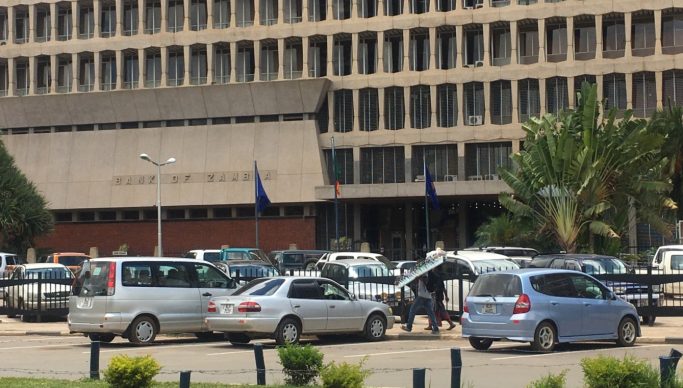The Bank of Zambia (BoZ) has engaged the African Export–Import Bank (Afreximbank) to facilitate local financial entities to join the Pan African Payment and Settlement System (PAPSS).
The PAPSS is operated by Afreximbank as a centralised financial market infrastructure, which will enable instant cross-border payments among the African Continental Free Trade Area (AfCFTA) member nations.
The Bank of Zambia (BoZ) signed the agreement for Zambia to join PAPSS on December 31, 2022 after Afreximbank officially launched PAPSS on January 13, 2022 following a pilot phase in the West African Monetary Zone (WAMZ) region.
According to the Zambanker magazine released by the BoZ on Friday in Lusaka, the system was designed to support integration of both national and regional payment systems across the continent.
“The Bank of Zambia is working with Afreximbank to facilitate for Zambian commercial banks to join the PAPSS.
“It facilitates instant payments in local currencies to support intra-African trade, facilitate economic and regional integration, as well as reduce costs and duration variability of cross border payments,” BoZ stated.
Read more: Policy measures set by Central Bank hurting business, people —ZiCA
BoZ stated that PAPSS, once implemented, was expected to result in reduced costs by cutting out correspondent banking, reduced liquidity requirements, reduced dependence on hard cash among others.
It pointed out that PAPSS was further expected to result in increased transparency and financial inclusion across the continent by formalising some of the informal trade that is prevalent across the continent;
Zambia, according to the Central Bank, would benefit from the PAPSS as it would support increased innovation and access to new markets across the continent.
“Once implemented, Zambia stands to benefit through the following ways: Increased reach and connection to other markets in Africa by enabling various stakeholders on the continent to trade with Zambia seamlessly. Thus, facilitating for increased trade in Africa beyond the current regional set ups.
“Reduced need for hard currencies as payments will be made in local currencies by the trading partners. The need for hard currency (to pay for goods and services) is one of the key constraints to intra-African trade,” BoZ stated.
WARNING! All rights reserved. This material, and other digital content on this website, may not be reproduced, published, broadcast, rewritten or redistributed in whole or in part without prior express permission from ZAMBIA MONITOR












Comments